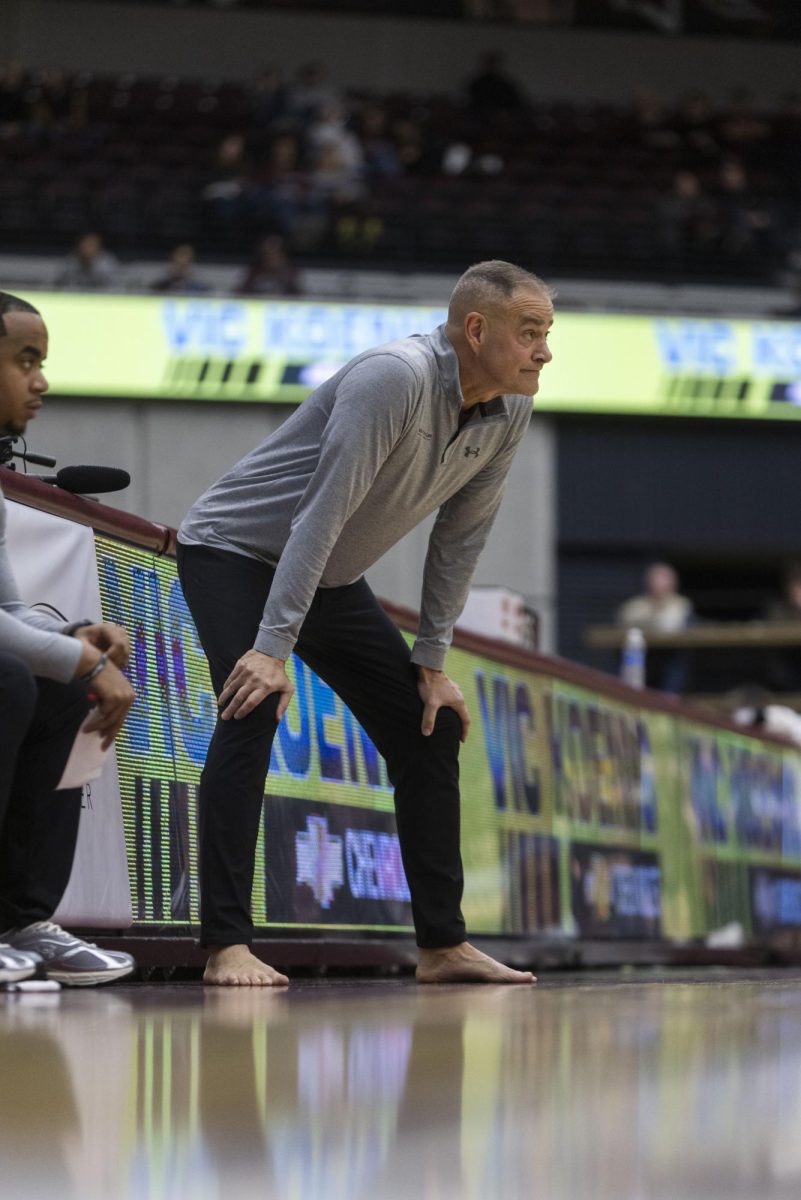Stanford personal pronoun outreach adds to hypersensitive campus culture
August 30, 2016
Dear Stanford student,
If your professors don’t pronounce your name correctly when they first meet you, and fail to use your preferred pronoun when referring to you, it’s all their fault.
An email sent to Stanford students in August offered them the opportunity to speak their names into an audio database so that professors and other staff could study up beforehand on how to pronounce them, along with giving the pronoun by which they like to be called.
Advertisement
The simple human interaction of saying, “Actually, that’s pronounced …” is too low-tech, too clumsy, for our time, and that’s a shame. Pre-study of student names and gender identities makes everything feel safer and smoother — exactly what colleges don’t need.
“Do people know how to pronounce your name correctly?” the Stanford missive opens. “Do you want to clarify what pronouns people should use to refer to you? We are pleased to introduce a new service that gives you the ability to let instructors, administrators, and other students pronounce your name correctly.” It’s called NameCoach.
And while Stanford’s new alcohol policy, banning hard liquor for underage undergraduates, has garnered a lot more attention, NameCoach should be the change that has everyone talking. And not into a recording device.
No doubt about it, this business of proper noun and pronoun has gotten more complicated lately. Not only is there greater diversity on many college campuses, but more parents have embraced the names of their ancestry instead of limiting themselves to largely Anglicized versions — the Roberts and Susans and, yes, Karens (or Karins).
No longer are those who seek a new home in the United States summarily assigned names that are shorter and somehow seen as more “American,” as my paternal grandfather was.
Here’s how it worked: You came into Ellis Island and had your paperwork stamped by a certain official, and your multisyllabic surname beginning with K was magically hacked down to “Klein.” That’s an era well lost. I’m sure it’s a pain to correct people’s pronunciation of your name, just as it’s been a pain to repeat, “That’s k-a- r-I-n” about 300 days a year.
And my husband long ago gave up on hearing his name, Amnon, pronounced correctly by anyone but a few of his near and dear and those with exceptionally good ears.
Advertisement*
On top of that, it must be awkward for student and staffer alike to explain that the gender with which one identifies isn’t the one the other person sees right off the bat.
But awkward mini-conversations are a giant part of human interaction. And they are part of how we build bigger relationships, making mistakes, correcting them and in the process learning about others and communities with which we’re not familiar.
It’s an especially worthwhile little moment for college students. We are already in a dangerously hypersensitive era with too many students who think they shouldn’t be made to feel uncomfortable — by controversial course material, by other people’s differing values, by buildings named for people who, despite their accomplishments, did some things that were very wrong. They might feel “triggered,” or that college is not a “safe space” for them.
Bulletin: There is no safe space. And you’re better off without one, anyway.
___
(c)2016 The Sacramento Bee (Sacramento, Calif.)
Visit The Sacramento Bee (Sacramento, Calif.) at www.sacbee.com
Distributed by Tribune Content Agency, LLC.
Advertisement









